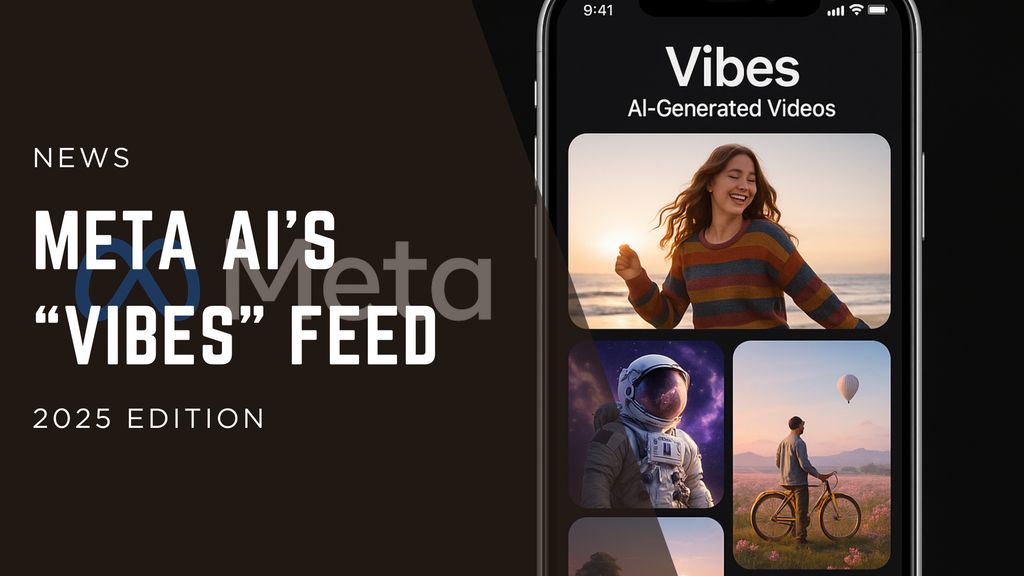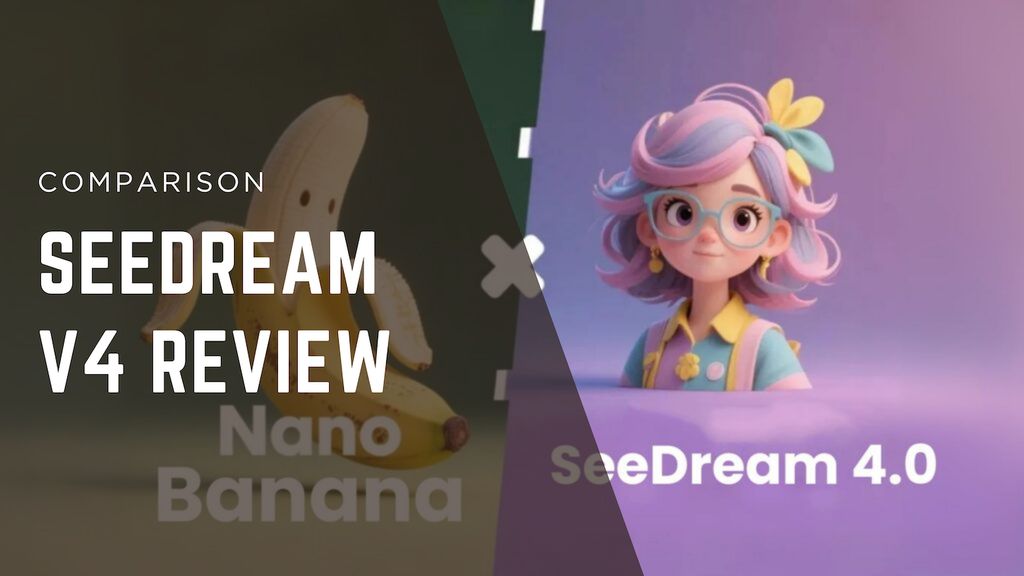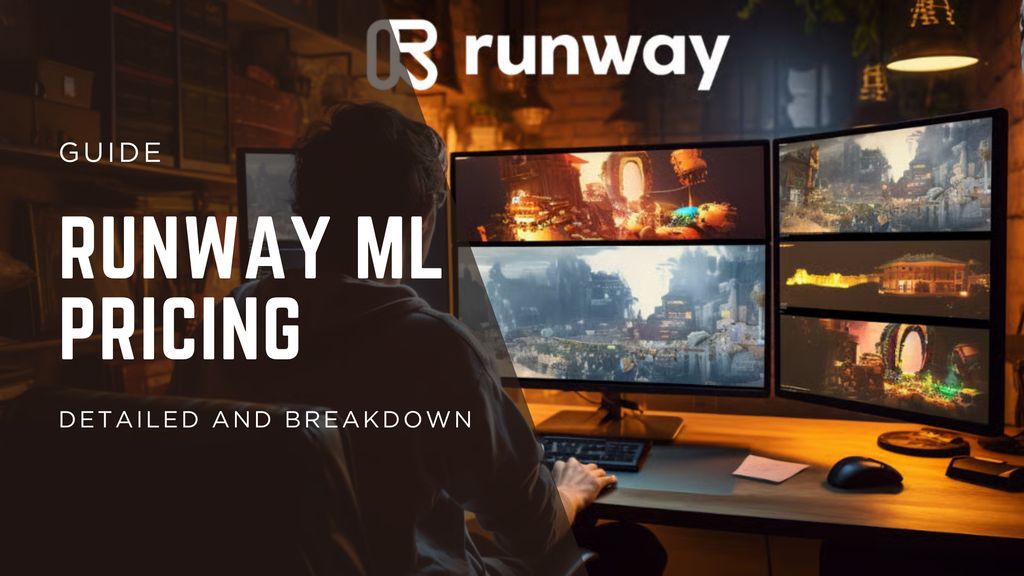99% of Americans Struggle To Identify AI-Generated Ads


Marketing is transforming rapidly as AI reshapes how teams create, test, and scale campaigns. As a powerful (and increasingly debated) tool, AI is changing every aspect of marketing, from audience targeting to content creation. While many brands and marketers embrace AI advertising tools and creative automation platforms to create compelling AI content at scale, critical questions about consumer sentiment have emerged.
To uncover the truth about how consumers really feel about this technological shift in AI-generated advertising, we surveyed over 1,000 Americans about their attitudes toward AI ads, their ability to identify content created with AI, and their preferences for transparency and regulation.
The results reveal a fascinating disconnect between confidence and capability, alongside surprising insights about trust, influence, and the future of advertising.
Key Takeaways
- 98.6% of Americans failed to correctly identify AI-generated ads in our test, despite 85% claiming confidence in their detection abilities.
- Nearly 60% of consumers would trust a brand the same or more if they discovered it used AI ads.
- Curiosity and interest dominate emotional responses to AI-generated advertising, with 47.6% selecting at least one positive emotion.
- Almost 80% believe AI ads can influence their purchasing decisions.
- Over 90% want government regulation of AI-generated ads, with strong regional and demographic divides on disclosure requirements.
- A quarter of Americans think most current ads are already AI-generated, significantly overestimating current usage.
Most Americans Say AI Ads Wouldn’t Harm Their Trust in a Brand
Our findings indicate that the majority of Americans aren't necessarily turned off by brands using AI-generated ads. When asked how it would affect their trust to discover that a brand used AI-generated advertising, 59.5% of consumers confirmed they would trust a brand the same or more after learning about their use of AI advertising, providing an opportunity for brands willing to embrace transparency in their strategies.
This finding challenges the assumption that consumers universally distrust artificial content and suggests that openness about AI usage could become a competitive advantage.
However, 40.5% of respondents indicated they would lose some trust in a brand upon discovering AI-generated ad usage. This trust erosion is most pronounced among certain demographics, with consumers ages 45-60+ (37.8%) and women (42.6%) showing higher levels of skepticism toward AI in ads. These demographic splits reveal important targeting considerations for brands using AI advertising tools.

Curiosity and Interest Are the Dominant Emotions from AI-Generated Ad Encounters
When Americans discover that an ad they saw was created with AI, their emotional responses are far more nuanced than popular belief might suggest. Rather than widespread anger or deception, curiosity emerges as the dominant emotion, with 29% of respondents selecting it as their primary reaction. Interest follows closely at 28.7%, while feelings of being deceived ranked third at 28.3%.
The generational divide in emotional responses tells a compelling story about AI advertising acceptance. People ages 18-29 were nearly twice as likely as those 60+ to select positive emotions like "excited" (15% vs. 4%) or "impressed" (26% vs. 8%). This and recent AI art statistics suggest that as digital natives become primary consumers, acceptance of AI-generated ad content will likely continue to grow.
Perhaps most tellingly, 47.6% of respondents selected at least one positive emotion when discovering AI ads, compared to 44.5% who chose negative emotions like “deceived,” “angry,” or “uncomfortable.” This near-even split indicates that the American public is far from unanimous in rejecting AI for advertising.
There isn’t much difference in feelings of deception by gender, with 27.6% of women and 28.9% of men feeling deceived by AI-generated advertising.

85% of Americans Feel Confident in Spotting AI, but Nearly 99% Couldn’t Do So in Our Test
An interesting finding in our survey was the massive confidence gap in AI image detection abilities. While 85% of Americans claim to be at least slightly confident in their ability to identify AI-generated ads, our practical test tells a dramatically different story: When shown four images of ads and asked to correctly identify which were AI-generated versus real, only 1.4% of respondents passed with a perfect score.
This shows that AI-generated advertising has reached a level of realism that makes human detection incredibly difficult, even for those who are confident they can tell the difference.
Some key findings from our detection test:
- 93% of people under 30 said they were confident in spotting AI-generated images, but only 1.5% correctly identified all images.
- 70% of extremely confident respondents mistakenly believed an AI-generated image was real.
- 68.4% of people ages 60+ thought the real image was AI-generated.
- Men were more than twice as likely to claim extreme confidence (34.3%) than women (13%).
- Women (63.7%) were only slightly more likely than men (56.8%) to misidentify real images as AI.

These results reveal that AI-generated content has become so sophisticated that it can fool nearly anyone, regardless of age, confidence, or digital fluency. As AI continues improving, even trained eyes may struggle to distinguish real from artificial.
Make realistic ads in seconds!
Try Magic Hour’s AI Image Generator to see how realistic AI visuals can be.
Almost 80% of Americans Believe AI Ads Can Influence Them
Despite the detection challenges, Americans demonstrate remarkable self-awareness about AI image and video marketing’s potential impact on their decision-making. An overwhelming 79.9% of respondents acknowledged that AI ads could influence them at least slightly, meaning only 20% said they would have no influence at all.
Looking into the data further, we also found that:
- 83.4% of men and 76.6% of women admitted susceptibility to AI advertising influence.
- 76.6% of respondents ages 18-29 were most likely to acknowledge potential influence.
Interestingly, those most confident in their AI detection abilities were also most likely to acknowledge potential influence, with 91.2% of extremely confident respondents saying AI ads could affect them at least slightly. It’s possible that confidence in detection doesn't necessarily correlate with immunity to persuasion.

Over 90% of Americans Want the Government To Regulate AI-Generated Ads
The call for AI advertising regulation represents one of the most unified sentiments in our survey, with 90.1% of Americans supporting some form of government oversight for AI-generated ads. However, the type and extent of preferred regulation vary significantly across demographics and regions.
With the rise of AI-generated content on social media, as seen with YouTube automation channels, disclosure requirements reveal interesting generational divides. Among those ages 60+, 58.2% believe AI-generated ads should always be disclosed to consumers, compared to only 48% of people ages 18-44. The emotional response differences between the age groups may explain this. Of those ages 60+, 26.5% said they’d feel deceived upon learning an ad was AI-generated.
Location, income, and gender-based differences reveal how Americans think AI-generated ads should be regulated. While support for oversight is widespread, the type and intensity of regulation vary across groups.
Here are our key findings on support for AI advertising regulation:
- 62.4% of respondents in the Pacific and Mid-Atlantic regions support full disclosure of AI-generated ads.
- 50.2% in the Pacific and 50% in New England support strict regulation, the highest among all regions.
- 58.5% of people earning $125K-$149K support strict regulation.
- Only 34.6% of those making under $50K support strict oversight.
- Just 3.6% of men and 7.1% of women believe companies should regulate themselves.
These opinions on regulation indicate that support for AI advertising regulation is strong, particularly among higher-income and coastal demographics. At the same time, there is broad agreement across all groups that industry self-regulation isn't enough, and consumers want meaningful, external oversight.

Men are Much More Likely Than Women To Trust AI Ads From Unfamiliar Brands
Trust in AI advertising from unknown brands reveals some interesting divides. A substantial 43.9% of men said they were very or extremely likely to trust AI ads from unfamiliar brands, compared to just 26% of women.
Age-based trust patterns are particularly complex. The 60+ demographic emerges as the most skeptical, with 35% saying they're not likely at all to trust AI ads from unfamiliar brands. However, the 45-60 age group shows surprising openness, with only 11% expressing complete distrust, making them more receptive than might be expected and challenging assumptions about some older consumers' AI advertising acceptance.
Income-level analysis shows high trust across the board. Trust is highest among upper-income groups, with those earning $175,000–$199,999 showing the strongest likelihood at 95%. Even the lowest income bracket, $0–$9,999, reported relatively high trust at 82%, indicating that openness to AI ads spans income levels, though the most consistent acceptance appears in households earning $125,000 and above.
These trust patterns can help with AI for advertising strategies, particularly when applying personalized video marketing that aligns with audience preferences. Brands using AI ad generators may find their most receptive audiences among higher-income men and middle-aged consumers, while facing greater skepticism from women and those ages 60+.

A Quarter of the Population Thinks the Majority of Ads Are Already AI-Generated
While there isn’t exact data, research from the Interactive Advertising Bureau (IAB) indicates that 60% of advertising executives report their companies have already used AI to create ads, with 80% holding positive opinions about AI-generated advertising. Industry analysts from an Axios report project that 90% of ads will incorporate some form of AI assistance by 2029. Based on our survey, consumer perceptions may actually be conservative compared to the industry's planned trajectory.
Consumer perceptions of current AI advertising usage reveal a disconnect between reality and assumptions: 25% of Americans believe that more than half of today's advertisements are already AI-generated.
The most common belief across all age groups, held by 43.7% of respondents, is that 26%-50% of current ads use AI-generated content. This perception aligns more closely with industry reality, though it may still represent an overestimate depending on how broadly one defines "AI-generated advertising."
Interestingly, people ages 45-60 were most likely to believe that the majority of current ads are AI-generated (35.3%), indicating that this demographic may be most attuned to the technological shifts happening in advertising or most concerned about the prevalence of AI content.
Use Magic Hour To Take Your AI-Generated Content to the Next Level
Our survey reveals a compelling opportunity for brands willing to embrace quality AI advertising. With nearly 60% of consumers maintaining or increasing trust in brands that use AI ads, and curiosity dominating emotional responses to AI ads, the stage is set for AI-generated advertising that connects authentically with audiences.
Magic Hour's AI-powered image and video creation tools allow marketers to create professional-quality content that capitalizes on these positive consumer attitudes.
If you’re ready to harness the power of AI-generated advertising, start creating with Magic Hour today.
Methodology
The survey of 1,019 U.S. Americans was conducted via SurveyMonkey for Magic Hour between July 10 and July 11, 2025. Data is unweighted and the margin of error is approximately +/-3% for the overall sample with a 95% confidence level.






